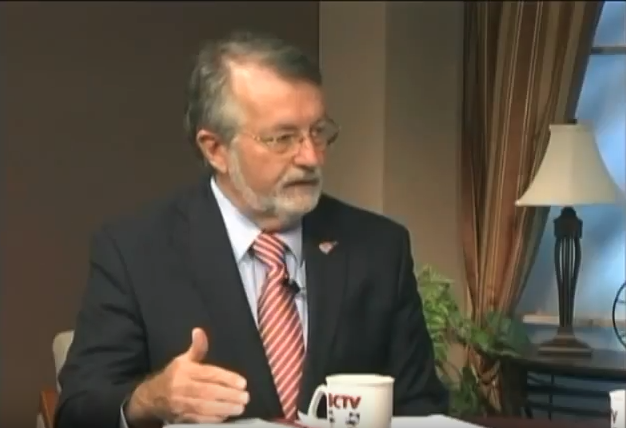By GARRY RAYNO, InDepthNH.org
CONCORD — A proposed constitutional amendment would require a person to be a resident of the state to vote in elections, not just domiciled here.
The proposed amendment, CACR 36, would make it more difficult for students or people working temporarily in the state, like a presidential candidate’s staff, to vote.
Instead of requiring the person be domiciled in the state, the proposed constitutional amendment would require the person to be both domiciled in the state and have a place of residence which means the person would have to have a New Hampshire driver’s license and register a car in the state if they own one.
The requirements are similar to other proposals approved by largely Republican majorities in the legislature over the years, but were declared unconstitutional.
Supporters said the provision needs to be put in the state constitution so that in the future legislatures could not carve out special exceptions for college students, who are now required in statute to be state residents to vote.
And others said the bill will help restore confidence in the state’s election system that only those people with a vested interest because they live here should be deciding who represents them.
Former House Speaker William O’Brien of Nashua backed the proposed amendment saying it is about voter integrity and not diluting the votes of state residents.
“People vote because they think it makes a difference,” said O’Brien. “People vote when they are confident their votes count and that elections are not stolen.”
But opponents said the constitutional amendment is not needed, because state law has the same provision, and instead it is aimed at preventing college students, who tend to vote more Democratic, from voting.
Olivia Zink, executive director of Open Democracy, said the proposed change is aimed at denying out-of-state college students the right to vote.
“This is another attempt to sow distrust in our elections,” she said, “and an effort to keep those domiciled in New Hampshire from voting.”
A number of speakers said there were more than 6,000 people who registered to vote on election day in 2020 with out-of-state licenses and several told of seeing buses with out-of-state plates unloading people at the polls.
David Andrews of MapAThon — Open Democracy NH, who lives in Chichester, said there were 6,033 who either had an out-of-state ID or lacked and ID who registered on election day in 2020.
After an extensive investigation, the Secretary of State’s Office determined 5,575 were New Hampshire residents and referred the remaining 458 to the Attorney General’s Office, he said.
Only 66 could not be determined to be residents, Andrews noted, and that is not enough to change any election result.
“It is very clear what this amendment is trying to do,” Andrews said. “It is trying to disenfranchise college students who overwhelmingly vote Democratic.”
But others said it is the real residents of New Hampshire who are disenfranchised when out-of-state residents vote here
Supporters said the amendment allows those who should be able to vote to do so without diluting the results.
But opponents said the proposal is nothing more than voter suppression and is based on the fraudulent belief that election fraud is rampant in the state, which it is not.
CACR 36 is sponsored by 12 of the 14 Republican senators and Rep. Robert Lynn, R-Windham, the former chief justice of the state Supreme Court.
Ray Chadwick of Bedford, who is the chair of the New Hampshire Taxpayers Association, said the proposed amendment would eliminate voter fraud.
He said New Hampshire is the only state in the country that allows out-of-state residents to vote.
Chadwick noted six years ago, the US Senate race was lost by 1,000 votes.
“It’s not an issue of students,” Chadwick said, “it’s a question of residency.”
Former gubernatorial candidate, Karen Testerman, of Franklin, said she could not support the proposed amendment because it needs to be changed.
She said states control voting requirements but the amendment includes the federal government in the process.
And she said it does not address the real problem which was raised in a lawsuit that allowed college students to vote in New Hampshire.
“Unless this is amended, I cannot support it,” Testerman said.
A proposed constitutional amendment requires a three-fifths majority of the House and the Senate to be placed on the next general election ballot.
Once on the ballot, a two-thirds majority of those voting is needed to change the state constitution.
Garry Rayno may be reached at garry.rayno@yahoo.com.





